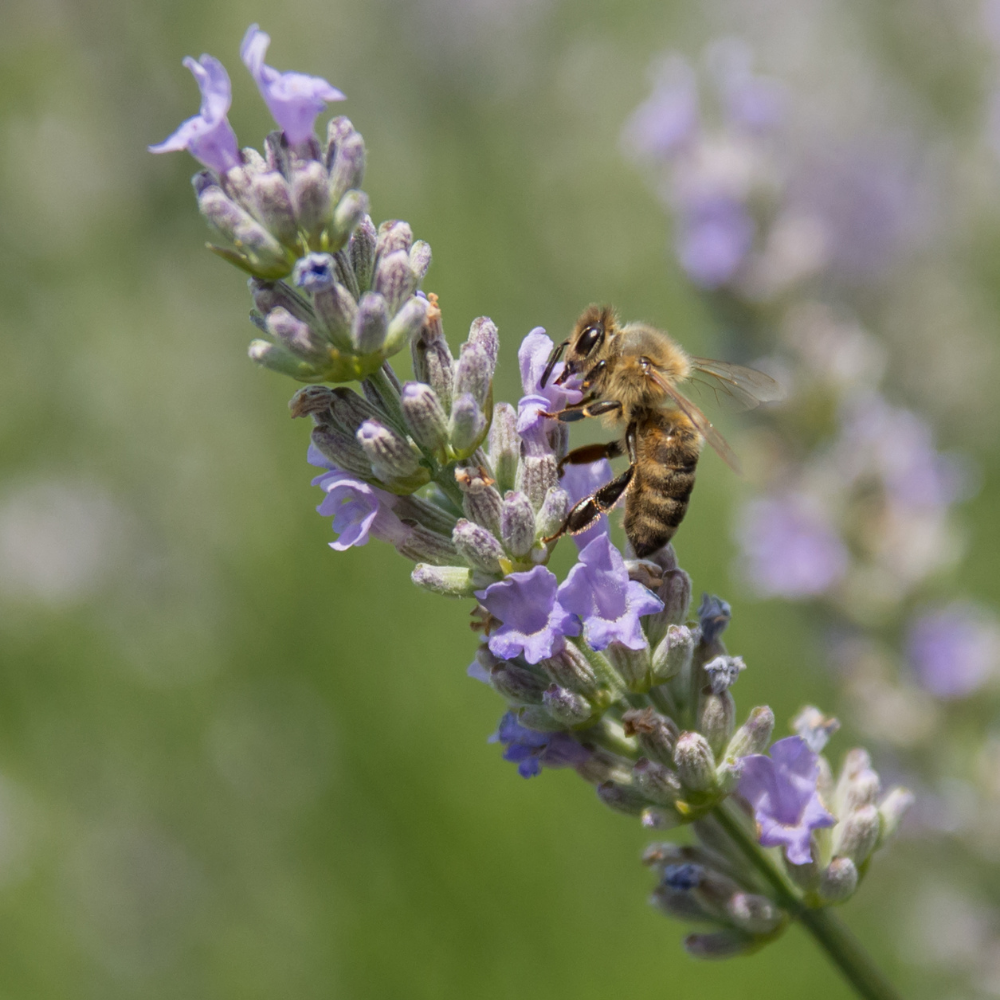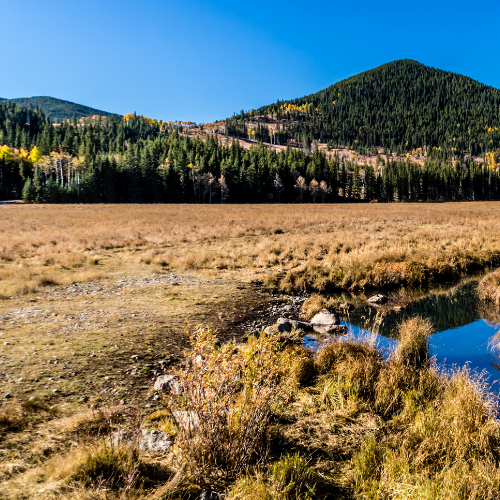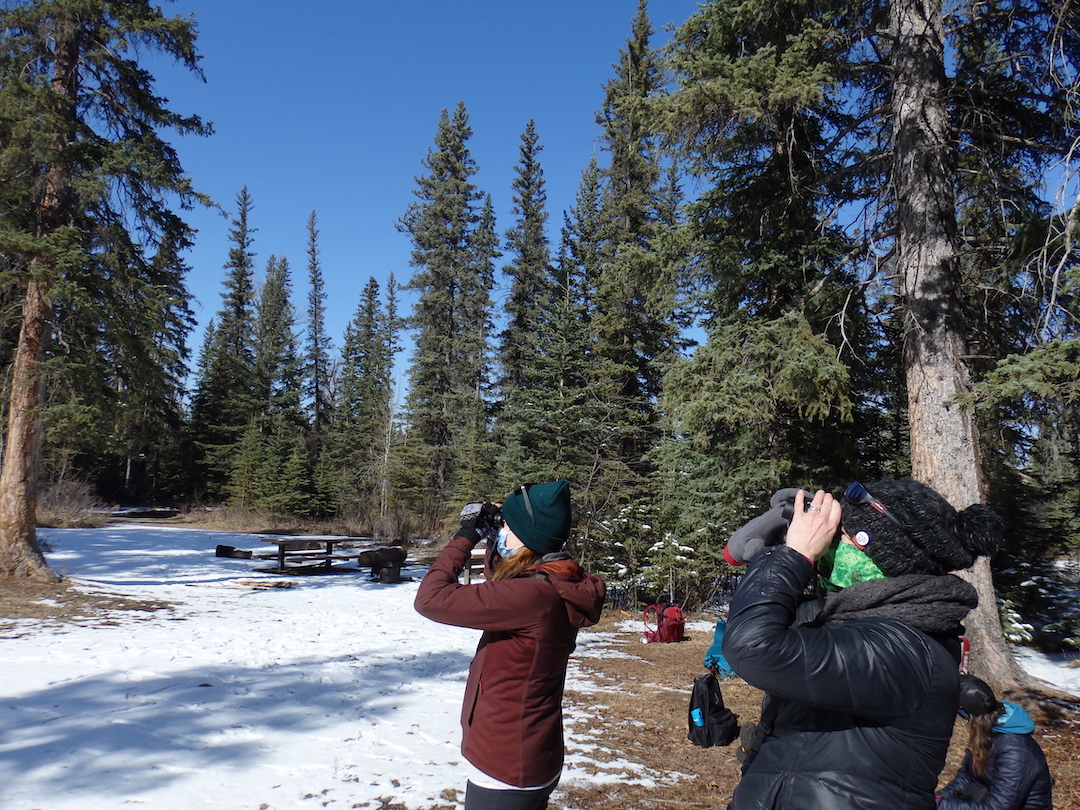Identify and record sightings of local small insects and animals and submit to community science.
PURPOSE
GRADE LEVELS
3-9
TIME NEEDED
1 hour

Skills Developed
Managing information
Communication
Collaboration
Cultural and global citizenship
MATERIALS NEEDED
Notebook
Writing utensil
Magnifying glass/cube
String
Tent pegs/stakes
ID guides
Clipboard (optional)
Instructions
Part 1
Create the quadrants (size of your choosing) using tent pegs and string.
All quadrants should be the same size roughly (e.g., 1m x 1m) but placed in different locations such as in bushes, grass, around trees, etc.
If you are running this activity with groups, have the correct amount of quadrants per number of groups. It is recommended that each group member hve a job.
Some example jobs are:
- recorder (will use the notebook and pencil);
- identifier (will use the ID guides); and
- searcher (will use the magnifying glass/cube).
Jobs/equipment can switch between group members periodically if you choose. As well, groups can switch between quadrants if you desire.
Part 2
Hand out equipment and provide roles to individuals in each group. Then, send groups to their designated pre-created quadrants. This is when students will look for bugs/insects/animals in the area allotted. Assist students as necessary in finding creatures and handling them carefuly and identifying/recording your sightings.
Switch equipment/roles within groups as you see necessary. Or switch groups between quadrants as you see necessary. If groups change quadrants have them create a new chart/list titles (e.g., Quadrant #2/Quadrant Yellow) to distinguish the animals they founds between the different areas.
Part 3
Get together as group and discuss your findings by quadrant. Some example discussion questions include:
Did you notice a difference in the types of animals found in different quadrants?
How many pollinators did we find?
Why do you believe we found this amount? Do you believe this is a lot or a little? Why?
Do you think this area is a good habitat for pollinators or small insects/animals? Why or why not?
Part 4
Collect all the different species you were able to confirm were correctly idenitifed and submit to your iNaturalist.org account.
More Bring Nature Home for Teachers
Bring Nature Home is our online database of tried-and-tested CPAWS Southern Alberta activities! Here are some ways that you can bring nature home (or to the classroom) today!

Grasslands 101

Pollinator Quadrant Study

